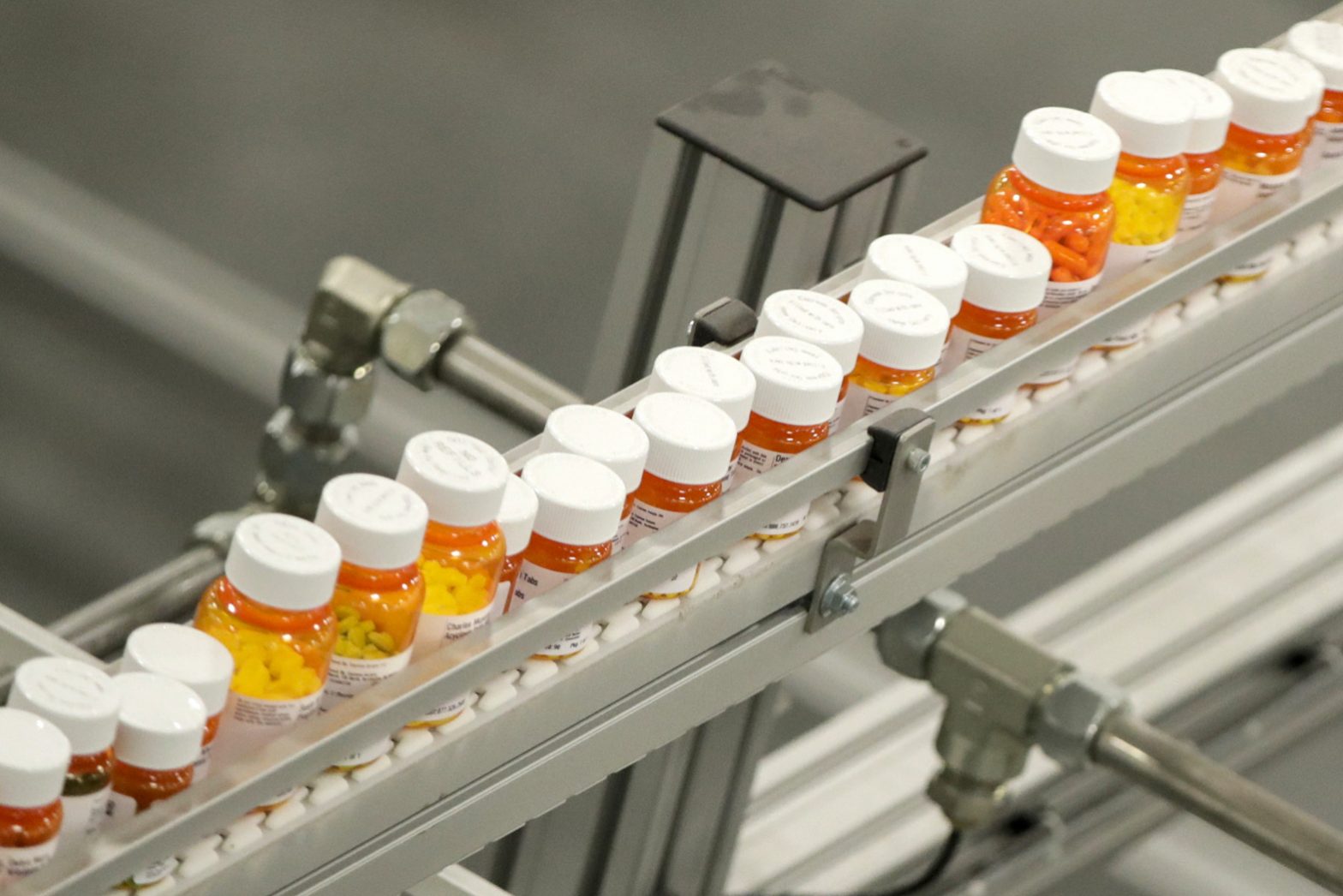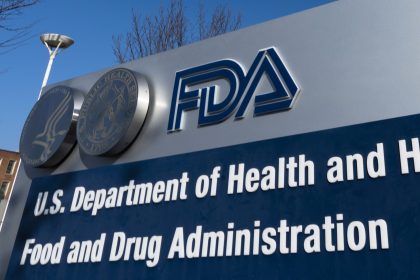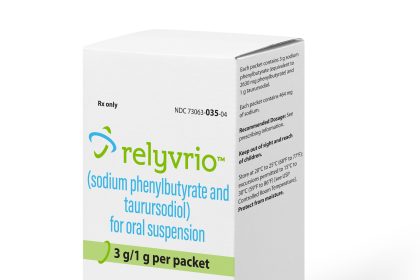Pharma Firms Agree to Participate in Medicare Price Negotiations

WASHINGTON — The White House announced Tuesday that all 10 drug companies whose products were selected for price negotiations with Medicare have agreed to participate in those talks.
The companies, which include Bristol Myers Squibb, the maker of Eliquis, Boehringer Ingelheim, maker of Jardiance, and Janssen Pharma, maker of Xarelto (a full list is in the chart below), manufacture some of the most commonly used prescription drugs.
The agreement to negotiate by all 10 companies comes in the wake of a ruling by a conservative federal judge on Friday who rejected a bid by the U.S. Chamber of Commerce to block the program.
The decision by U.S. District Judge Michael Newman, a Trump appointee, in the U.S. District Court for the Southern District of Ohio, set the clock ticking on the first round of negotiations.
“The court is not convinced that granting plaintiffs preliminary injunctive relief will protect them from imminent and irreparable harm,” Newman wrote in his opinion.
“Any economic harm — which, on its own, is insufficient to satisfy this prong of a preliminary injunction analysis — will not occur for years in the future,” he said.
The White House responded with a statement from Press Secretary Karine Jean-Pierre, who said the ruling affirmed Medicare would move forward with negotiating lower prices for millions of seniors.
As a result, Jean-Pierre said, “millions of people with Medicare will continue to see prescription drug costs go down for some of the costliest drugs that treat common conditions like heart failure, blood clots, diabetes, arthritis and more.”
According to a fact sheet distributed by the White House, the selected drugs accounted for $50.5 billion in total Part D gross covered prescription drug costs, or about 20%, of total Part D gross covered prescription drug costs between June 1, 2022, and May 31, 2023 — the time period used to determine which drugs were eligible for negotiation.
Medicare enrollees taking the 10 drugs covered under Part D selected for negotiation paid a total of $3.4 billion in out-of-pocket costs in 2022 for these drugs, the administration said.
The 10 drug manufacturers have agreed to participate in negotiations with Medicare during the remainder of 2023 and in 2024, and that any agreed-upon negotiated prices will become effective beginning in 2026.
Health and Human Service Secretary Xavier Becerra said in a statement that he was pleased they’d chosen to participate and looked forward to the process ahead, one that will “ensure seniors don’t have to choose between paying for prescription drugs or putting food on the table.”
“Negotiating provides us a critical tool to ensure they get those prescription drugs at lower prices — just as the U.S. Department of Veterans Affairs has done for years,” he added.
The Centers for Medicare & Medicaid Services will publish any agreed-upon negotiated prices for the selected drugs by Sept. 1, 2024, and those prices will become effective starting Jan. 1, 2026.
At the conclusion of the first round of negotiations, CMS will select for negotiation up to 15 more drugs covered under Part D for 2027, up to 15 more drugs for 2028 (including drugs covered under Part B and Part D), and up to 20 more drugs for each year after that, as required by the Inflation Reduction Act.
Dan can be reached at [email protected] and @DanMcCue

























